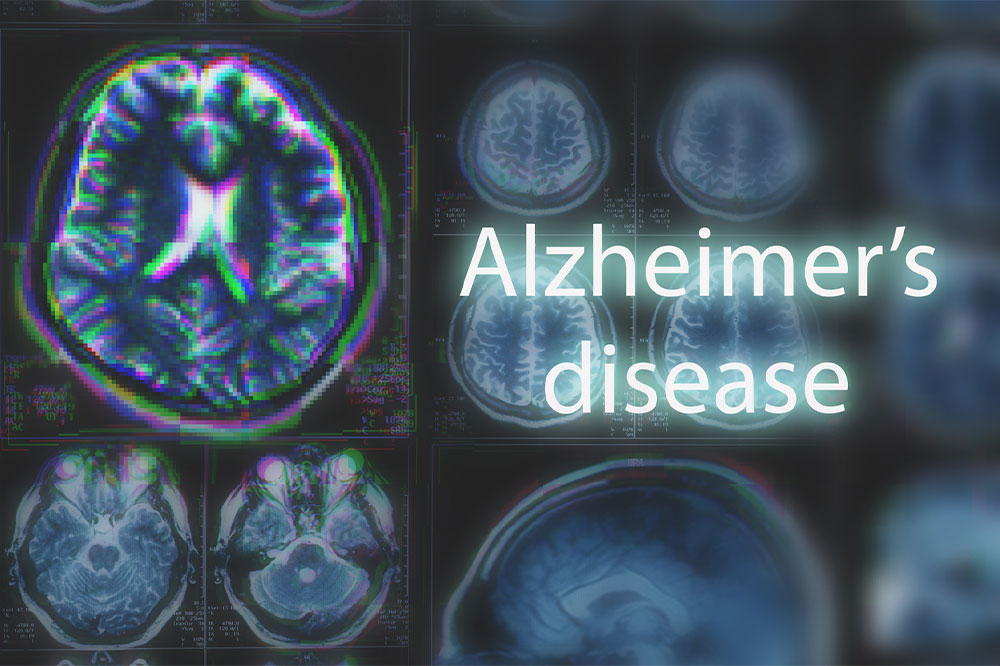Understanding the 7 Progressive Phases of Dementia
This comprehensive overview explains the seven stages of dementia from initial normalcy to severe decline. It highlights symptoms, diagnostic cues, and the importance of early detection and tailored care. Using the dementia progression scale, healthcare providers can better assess and manage the condition, enhancing quality of life for affected individuals and their families.
Sponsored

Dementia develops gradually and is irreversible. It steadily impairs memory, reasoning, and thinking skills, impacting daily life. Medical research has defined seven distinct stages to track its progression. The Global Deterioration Scale (GDS) is a widely used assessment tool that maps out these stages, aiding healthcare providers and caregivers in understanding and managing the condition effectively.
Stage 1: No Cognitive Issues
At this initial phase, individuals show no noticeable behavioral or mental changes. They maintain normal functioning without any apparent symptoms.
Due to the absence of symptoms, most individuals do not seek medical evaluation.
Early screening can identify subtle signs before significant decline occurs. Preventative strategies and early planning can improve management and quality of life for those at risk or diagnosed.
Stage 2: Very Mild Cognitive Decline
Initial signs such as occasional forgetfulness begin to appear. People might misplace objects or forget familiar names, often dismissed as normal aging.
These mild symptoms are rarely noticeable during routine checkups, making early detection challenging. Regular monitoring can help catch changes early and facilitate timely intervention.
Stage 3: Mild Cognitive Decline
Family, friends, and colleagues begin noticing memory issues and concentration problems. Individuals may struggle to find words, remember recent events, or perform complex tasks without assistance.
Difficulty retrieving names or words
Trouble organizing or planning tasks
Misplacing belongings frequently
Repetitive questions
Challenges in following conversations or reading comprehension
As symptoms grow, professional assessment becomes essential. Early diagnosis aids in developing tailored care plans and support strategies.
Stage 4: Moderate Cognitive Decline
This stage marks a noticeable decline in memory and thinking. Recent events and personal history become hard to recall. Managing complex activities like finances becomes difficult.
Behavioral changes such as withdrawal, mood swings, and increased anxiety may emerge. Concentration and decision-making skills continue to deteriorate.
Stage 5: Moderately Severe Cognitive Decline
Daily functioning is significantly affected. Disorientation regarding time and place is common, and decision-making becomes extremely difficult. Even educated individuals might struggle with simple calculations or multi-step tasks.
Confusion about dates and seasons
Inability to perform basic calculations or follow routines
Memory loss extending to personal details like grandchildren's names
People may still recognize loved ones but require assistance with choices related to eating and dressing. Close monitoring and caregiver support are critical at this stage.
Stage 6: Severe Cognitive Decline
Individuals experience major impairments in cognition, judgment, and personality. Awareness of surroundings diminishes, and they often forget recent events or actions.
Symptoms include agitation, repetitive behaviors, and severe mood swings. Assistance with daily tasks like bathing, dressing, and eating becomes necessary as independence wanes.
Stage 7: Very Severe Cognitive Decline
Responsiveness diminishes entirely. Patients lose the ability to communicate or recognize loved ones, and mobility becomes severely limited. They depend completely on caregivers for all activities, including eating and hygiene. Basic functions like smiling or holding their head upright are lost.
Dementia Staging Tool
Besides understanding these stages, early and prompt intervention can slow progression. The dementia staging chart serves as an important guide for healthcare professionals, helping evaluate disease advancement and recommend appropriate care plans to improve patient outcomes.





